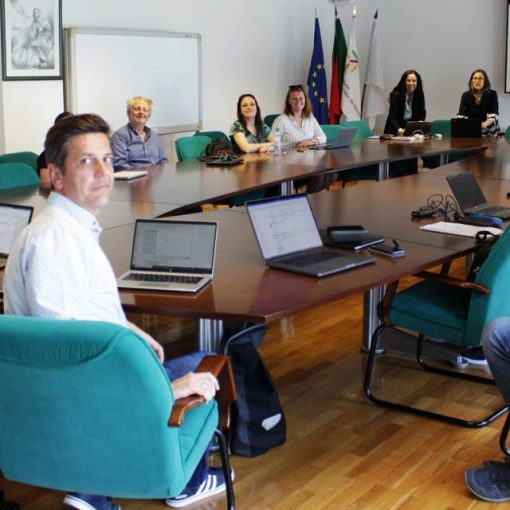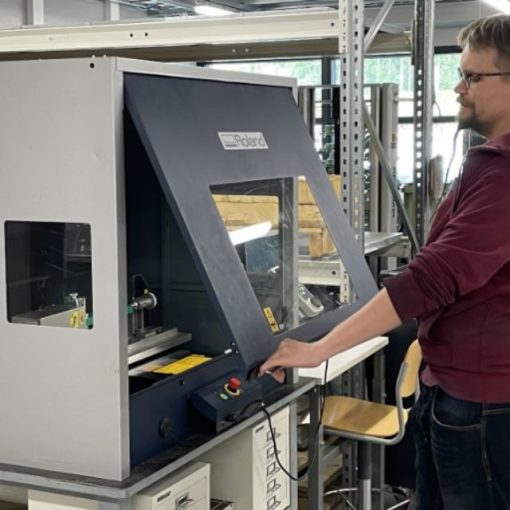When planning a trip, the choice of accommodation can significantly impact the overall experience. In Southern Finland, where both Airbnb and hotels thrive, recent research has shed light on how travelers decide between these two popular options. Each offers distinct advantages, catering to diverse needs, preferences, and travel purposes. By understanding these factors, travelers can make informed choices to enhance their journeys.
Airbnb has grown in popularity among younger travelers and those seeking authentic, personalized experiences. Properties listed on the platform often reflect local culture and provide opportunities for immersive stays in residential areas. This appeal is heightened by Airbnb’s flexibility, offering customizable check-in and check-out options and access to unique amenities. Many respondents in the study appreciated the platform’s affordability, particularly for longer stays, and its ability to deliver a local touch. These characteristics make Airbnb especially attractive to tourists exploring cities like Helsinki and Turku, where the demand for unique and localized experiences is high (Savolainen 2018).

Hotels, on the other hand, remain a trusted choice for travelers prioritizing reliability, safety, and convenience. They cater particularly well to business travelers and older guests who value consistent service quality and access to amenities like gyms, pools, and business centers. Hotels in Southern Finland, including boutique establishments in Helsinki, have also adapted to modern demands by incorporating sustainability practices and digitized services. The study revealed that hotels excel in providing safety and security, along with high standards of cleanliness and comfort, which are critical factors for many travelers (Teivainen 2023).
Traveler preferences are influenced by several interconnected factors, including cost, comfort, authenticity, and safety. Cost is often the most decisive factor for younger travelers, while older guests prioritize comfort and high-quality facilities. Authenticity draws those looking for cultural immersion, making Airbnb a compelling option. Safety concerns, meanwhile, tend to tilt preferences toward hotels, particularly for families and business travelers. In Southern Finland, the rise of Airbnb listings, which increased by 40% in 2023, reflects growing interest in flexible and personalized accommodations, while hotels continue to hold their ground by emphasizing their reliability and broad service offerings (Shrestha & Fissha 2017).
Seeking unique experiences
The research underscores the importance of aligning accommodation choices with individual priorities. Travelers seeking unique experiences and flexibility might lean toward Airbnb, while those desiring consistent service and comprehensive amenities might prefer hotels. Both options play a significant role in shaping the Finnish hospitality landscape, catering to the diverse needs of modern travelers (Do & Nguyen 2024).
Authors
Anh Do and Linh Nguyen are tourism and hospitality management students at LAB University of Applied Sciences.
Mika Tonder is a principal lecturer in LAB University of Applied Science.
References
Do, A. & Nguyen, L. 2024. Customers’ experiences between airbnb and hotels in Southern Finland. Thesis. LAB University of Applied Sciences. Cited 9 Dec 2024. Available at https://urn.fi/URN:NBN:fi:amk-2024112229417
Savolainen, H. 2018. Insights into Finnish tourism and hospitality preferences.
Shrestha, D., & Fissha, E. 2017. The impact of Airbnb on Finland’s traditional accommodation sector.
Teivainen, J. 2023. Trends in Finnish tourism: A look at 2023.
Stockcam. 2018. Airbnb, Amazon, eBay. iStock. Cited 4 Dec 2024. Available at https://www.istockphoto.com/fi/valokuva/airbnb-amazon-ebay-uutiset-ja-muut-sovellukset-iphonen-n%C3%A4yt%C3%B6ll%C3%A4-gm1045287634-279726198




